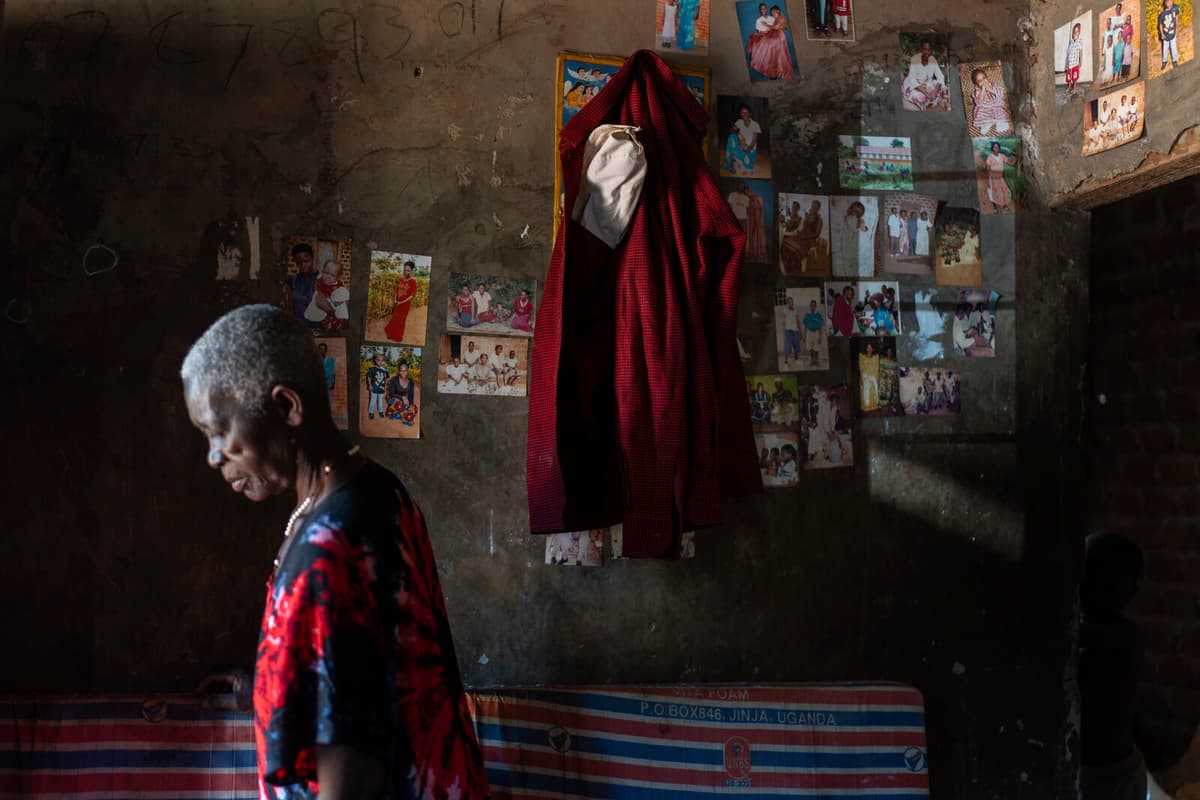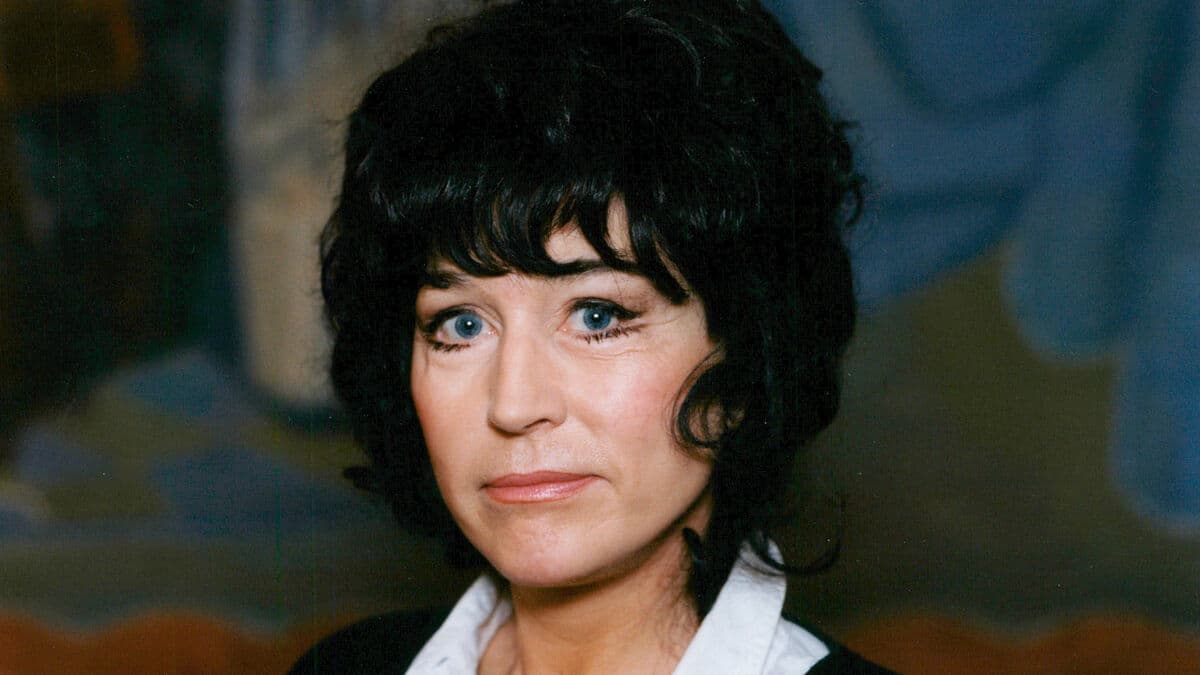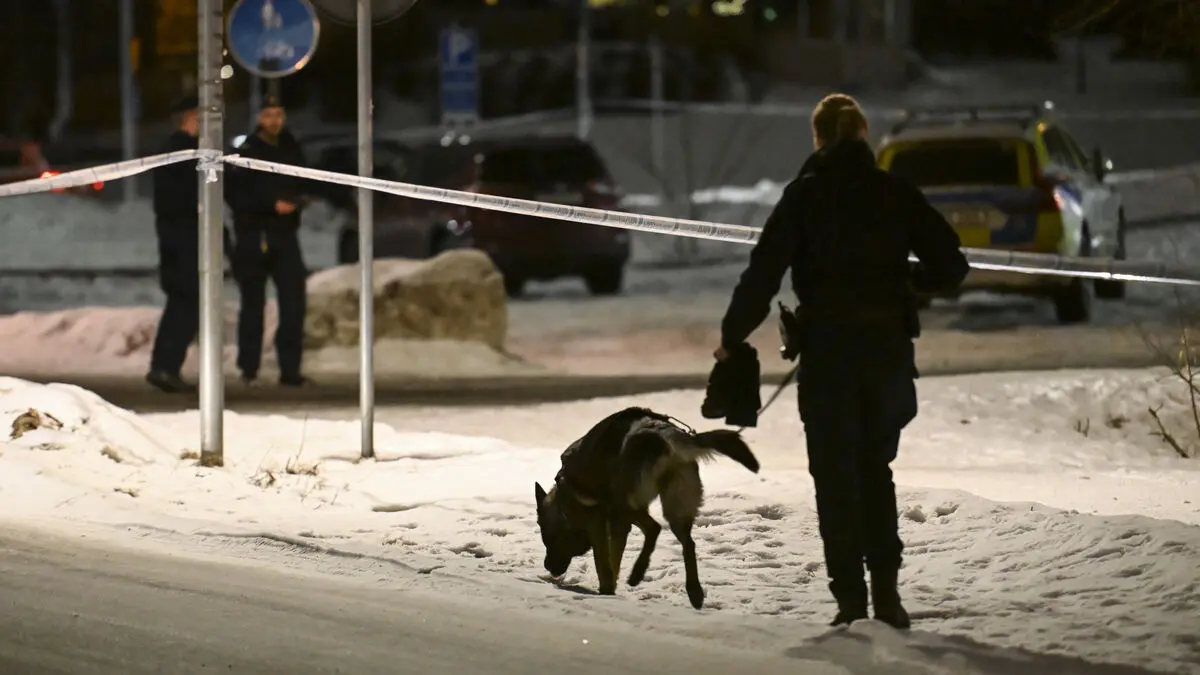In Uganda's high plateau, the elderly dream of eating chicken and having enough soap.
In Nkulagirire, a man survives on alms from a neighbor, often bananas. A woman has such severe pain in her wrist that she screams in pain, but going to the doctor is too expensive. Another man craves soda, but it's been so long since he drank one that he can't remember what kind he prefers.
Over 15 years, the number of people in sub-Saharan Africa who reach over 60 years has increased by 50 percent, according to the WHO. It's a straight upward curve. In Uganda, the number of elderly is expected to quadruple in the next 40 years, and similar forecasts apply to countries such as Rwanda, Malawi, and Zimbabwe.
But for those who have nothing, longer life means more suffering.
Sometimes I just want to close my eyes and not open them again, says 84-year-old Kellen Bakeshungisa in Nkulagirire to the news agency AP.
Decades of progress
In Nabalanga, a few kilometers away, Yafesi Nakyanga has turned 86. He has neither electricity nor running water. The bathroom consists of a hole in the ground.
I never expected to get this old, he says to AP.
Nakayanga's wife is gone now, lies in the ground along with four of the children. He sweated in the fields to grow enough to support children who would later die of AIDS. He laid bricks and poured concrete to build a house he almost lost to hospital bills.
You are surrounded by young people but stand alone until death, he says.
In many ways, sub-Saharan Africa's aging population is a demographic success: the result of decades of progress in disease control, healthcare, and community services on the continent often referred to as the world's youngest. Better maternal care, clean water, vaccines, and medicines against malaria and HIV mean that more and more people live longer.
Lack of everything
But it's happening at a pace that exceeds all expectations – and society is not keeping up. With a population where 70 percent is still under 30, the money goes to investments in education and job creation. Not for the elderly.
We are not ready, says Carole Osero-Agengo at the aid organization Help Age in Nairobi, Kenya's capital.
There are so many holes to fill, but they are being filled far too slowly.
There is a lack of everything: reliable pension systems, social safety nets, nursing homes, caregivers. Common age-related problems are left untreated for so long that cataracts lead to blindness and minor infections to death.
In a poor continent, Donald Trump's dismantling of the US aid program USAID, as well as cut aid from several countries, has also struck mercilessly.
67 kronor in pension
The aid organization Reach one, touch one ministries (Rotom), one of the few organizations in Uganda that focuses solely on the elderly, is completely dependent on donations. Despite being one of the country's largest of its kind, they only reach those in need in two of 146 districts, AP writes.
It's a drop in the ocean. The needs are so great, says Rotom's field worker Grace Nabanoba to the news agency.
In Uganda, there is indeed a general pension system, but only for people over 80. The benefits are also limited: 25,000 shillings per month, just under 67 Swedish kronor.
Old age is nothing to brag about here. Poverty strikes when you get old, says 75-year-old Tereza Nabunya.
The roof in her home village of Nkulagirire leaks and her body aches, but there is no money for either roof repairs or a doctor's visit. Nabunya weaves mats of papyrus, which she sells for 3,000 shillings, about eight Swedish kronor. The weaving takes a week; finding a buyer often takes much longer.
Tereza Nabunya is on Rotom's waiting list for financial support. So is 88-year-old Pafras Jjemba, the man who survives on his neighbors' bananas. The list is long, many wait for a year or more. Some die before they get to see any money, AP writes.
The elderly are left with nothing, Jjemba states.






